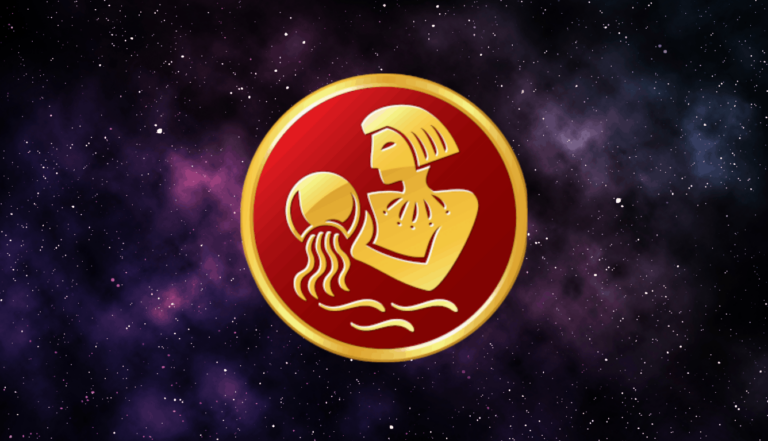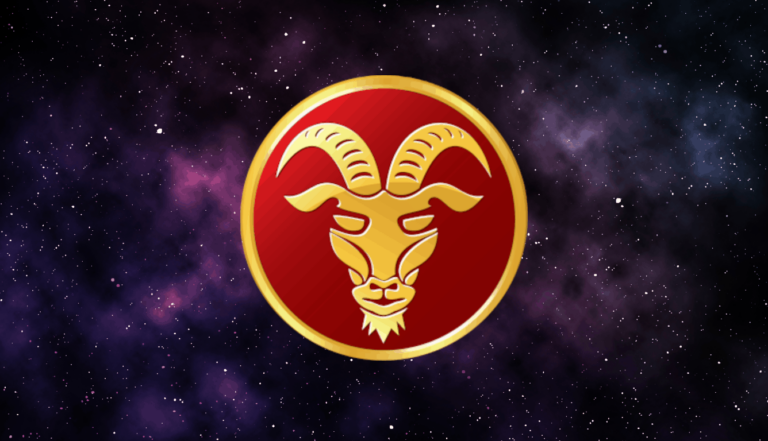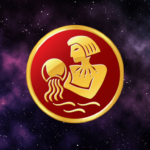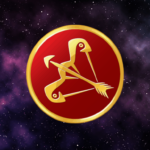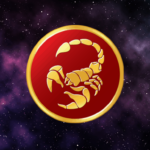Astrological Combinations for Success in Research: Insights from Vedic Astrology

As per the Vedic astrology, the alignment of the celestial bodies taken at the very moment of our births has a lot to say about our diverse and intensive path of our potential careers. The horoscope not only acts as an indicative stimulator but also aids in a better comprehension of the astrological position for those who wish to be researchers. An evident fact that the planetary position affects an individual’s life, it would be wise to utilize this wisdom and make decisions that will positively impact on our careers, thus.
The celestial studies on a career in research entail the examination of the relevant planetary means and their inherent symbolic features and understanding. There is no promise for academic success but there are some heavenly bodies believed to be favorable for the intellect in the science, analytic capacity, and stamina for example.
Role of planets in deciding a career in research:
Mercury: It is especially noticed when it comes to research which is very often considered to be the forerunner of intuition, speech, and analytical skills. Mercury is the most dignified and prominent position of the birth chart; this lends a sharp mind, a keen curiosity, and the ability to effortlessly crack complex concepts. A favorable placement of Mercury in the sign of Gemini or Virgo, or exalted or at its in-sign suggests a career in research, with the person being gifted with superior intellect and also possessing a ravenous appetite for more knowledge.
Jupiter: Additionally, Jupiter, which is thought to be the planet of wisdom, is known for scholarly pursuit, growth, and expansion, which can intensify your research immensely. Jupiter’s optimistic connections with Mercury or the tenth house are highly conducive to knowledge as they endow with depth, philosophical vision, and a wider intellectual coverage. The partnership of these heavenly deities forms the perfect environment for academic progress and eventually, the realization of specific fields of interest. Within the universal tuning of the planets’ influence, Saturn seems to be the true patron of accomplishing the difficult mission of research.
Saturn: While Saturn’s reputation may appear to be associated with hardship and delays, its constructive influence on the 10th house (the house of careers) bestows traits of discipline, perseverance, and a rational and methodical mindset for scholarly learning. When Saturn and Mercury experience good aspects, it is Saturn which gift us with an unprecedented love of details and an unshakable faith in academic discipline.
Moon: Conversely, the nurturing embrace of the Moon, symbolizing the mind, emotions, and intuition, plays a pivotal role in shaping the researcher’s intellectual landscape. A well-placed Moon, especially in a water sign such as Cancer, Scorpio, or Pisces, enhances intuition, imaginative thinking, and emotional intelligence, which are invaluable assets in understanding human behavior, societal trends, and cultural phenomena. Through the lens of empathy and introspection, the researcher can forge deeper connections with their subject matter, unraveling its intricacies with sensitivity and insight.
Effect of Rahu and Ketu:
The tricky duo, Rahu and Ketu, a curious notion in astronomical diagrams, highlights the roundabout destinies and the niche expertise they would have. They may point to the academic houses or the Mercury with their influence, bringing out of the innate desire to study esoteric disciplines, interdisciplinary subjects or the significant research ventures. Nevertheless, the volatile traits of Rahu and Ketu call for a yin and yang approach, fueling experimental ideas into the mainstream with educated process, and proper methods.
Beneficiaries from Venus and Jupiter:
Moreover, benefic aspects from planets such as Venus and Jupiter on the career houses or Mercury bestow blessings of opportunities, mentorship, and academic recognition upon the aspiring researcher. These celestial alignments serve as guiding stars, illuminating the path to scholarly excellence and facilitating the fruition of research aspirations through collaboration, inspiration, and intellectual synergy.
Role of Yogas:
The Vedic astrology weaves a complicated tapestry of planetary combinations, known as yogas, which ones are considered to be of great value and they are responsible for the correct and auspicious influences on intelligence and academic success. Hence, Jupiter and the Moon in conjunction, (i.e. Gajakesari yoga) or the association of Mercury and Mars (Saraswati yoga) indicates the aptitude for education, cleverness, and a disposition for research. According to this oracular vision, these yogas are like celestial boons conferring power upon the investigator to undertake a mission of intellectual discovery and scholarly feat.
Role of dashas:
In addition, these achievements and successes regarding research will come at different times, being determined by the sequential periods called dashas which are connected to planetary rulers. Good phases of the dasha of mercury, Jupiter or Saturn could likely be associated with meaningful discoveries, research articles publication, or academic prize winning which might mark commencing of the favorable academic career periods for the researcher.
Conclusion:
Last but not the least, the Vedic astrology provides myriads of cosmic information that reflect one’s academic venture, the truth, though, is that astrology is just one strand of a complicated yarn. In conclusion, successful research obstinately requires an amalgamation of inborn competence, unwavering work ethics, an open-minded attitude to learning, and endless adaptability to the constantly transforming knowledge environment. Through the empowerment of astrological knowledge, a hopeful student can live up to his or her aim with the ability to grow and retain self-confidence to continually motivate. Therefore, purpose and perseverance become part of the journey of academia.

